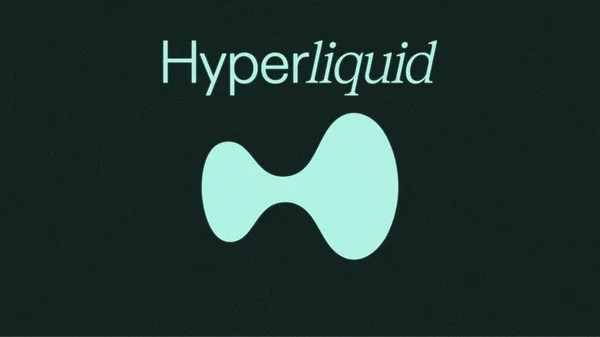By Tasos Dasopoulos
Public borrowing in 2022 is also proving to be a difficult exercise, as the uncertainty from the consequences of the war in Ukraine is huge and the first interest rate increase by the ECB may come in the next six to seven months.
Today’s reissue of the 7-year bond of April 2020, through which. the government had raised 2 billion euros with an interest rate of about 2% three months after the first issue of the 10-year bond in mid-January, is of a strategic nature. YPOIK and ODDIH want to take advantage of the positive momentum created by the S&P upgrade (which few expected in the midst of crisis) and increase liquidity in the 7-year bond that was left at 2.4 billion euros, for two years. In addition to the existing investors of the title, the issue also serves the continuation of Greece’s presence as a regular bond issuer even in difficult conditions. In addition, it is expected to increase cash and cash equivalents by 1.5 billion euros, as well as the amount that the public is expected to raise from the issue.
Regarding the increase in borrowing costs that the current edition will have as a price, it is something that the Greek government can afford. Besides, the interest rate set by the current issue is not much higher than the first issue (it reached 2.51%), as the issuance conditions are approximately similar. Then, we had the first hard lockdown of the economy, after the coronavirus outbreak. We now have high – but 100% imported – inflation, a shift in monetary policy and an ongoing war in Europe.
The next editions
With the auction of the 7-year bond and the 3 billion that the government raised in January from the 10-year, the annual loan program of 12 billion euros will be covered at a rate of about 50%.
From now on, another two or three editions are planned, if of course there is a decision to cover the program in its entirety, for reasons of reliability to the markets, something that will be decided depending on the course of the market.
The next release is expected after the Fitch rating on July 16. This house has Greece in the BB category and changed in January, the rating for the economy from “stable” to “positive”, suggesting that in the next rating, an upgrade of the creditworthiness of the economy will not be a surprise.
Another window of opportunity for a new release will be a possible positive assessment of the economy on November 19 by Moody’s. The largest rating agency has postponed the rating of the Greek economy three times in a row. An upgrade, even by one tier, would be a positive surprise as it would show a steady course of Greece towards the investment tier.
Green bond
Another issue that is being prepared outside the official lending program is that of the “green” bond. Unlike other debt issues, a bond aimed at accelerating the green transition for Greece at a time when the whole of Europe wants to achieve independence from fossil fuels as soon as possible, would be well received by the markets. It is a condition that there is a series of “mature” projects behind the publication that will be financed. The release is expected in the fall.
Finally, a bold prestige move that could be made – even off-schedule – would be an issue after the ECB first raises interest rates, if it does so before the end of the year. It will be a move in which Greece will measure its strengths in a completely new and more difficult environment.
Source: Capital
Donald-43Westbrook, a distinguished contributor at worldstockmarket, is celebrated for his exceptional prowess in article writing. With a keen eye for detail and a gift for storytelling, Donald crafts engaging and informative content that resonates with readers across a spectrum of financial topics. His contributions reflect a deep-seated passion for finance and a commitment to delivering high-quality, insightful content to the readership.







